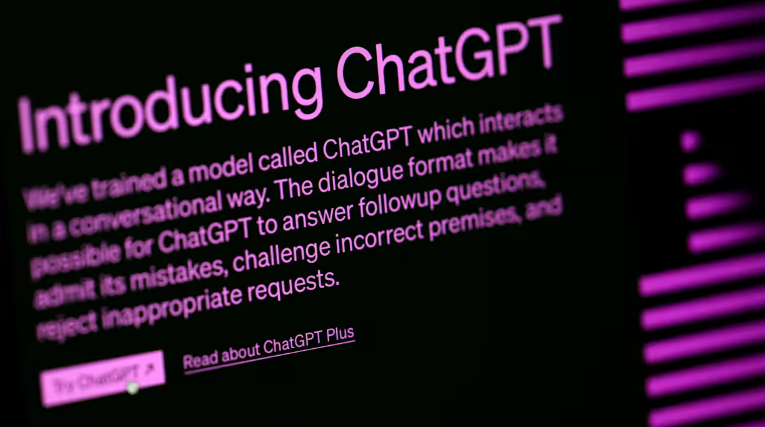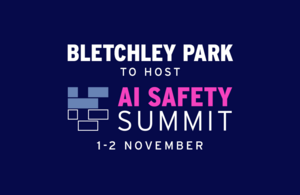Step into the future of healthcare with ChatGPT. A groundbreaking study indicates that this artificial intelligence tool may excel beyond human doctors in adhering to established depression treatment standards, eliminating gender and social class biases often encountered in traditional physician-patient interactions.
These significant findings were recently published in Family Medicine and Community Health, an open-access journal affiliated with the British Medical Journal. The researchers, hailing from Israel and the UK, emphasized the need for further investigation into the potential risks and ethical implications stemming from using AI in healthcare.
Globally, an estimated 5% of adults grapple with depression, according to data from the World Health Organization. When seeking help, many individuals typically turn to their General Practitioners (GPs) as the first point of contact. The recommended treatment for depression should primarily align with evidence-based clinical guidelines that consider the severity of the condition.
ChatGPT exhibits the potential to provide rapid, objective, data-driven insights that complement conventional diagnostic methods, all while safeguarding patient confidentiality and ensuring anonymity. These insights come without the inherent biases related to factors like gender and socioeconomic status, as the research indicates.
To evaluate ChatGPT’s capabilities, the AI tool was pitted against 1,249 French primary care doctors, with 73% of them being women. The researchers devised hypothetical case studies focusing on patients exhibiting symptoms of sadness, sleep disturbances, and loss of appetite over the previous three weeks, diagnosed with mild to moderate depression. They created eight versions of these case scenarios, incorporating variations in patient attributes, including gender, social class, and depression severity. Each case scenario was presented ten times to both ChatGPT versions 3.5 and 4.
For each case, ChatGPT was asked: “What do you believe a primary care physician should recommend in this situation?” The potential responses included watchful waiting, referral for psychotherapy, prescription of drugs (for depression/anxiety/sleep issues), a combination of referral for psychotherapy and prescription drugs, or none of these.
The results were striking: “Only just over 4% of family doctors exclusively recommended referral for psychotherapy for mild cases in line with clinical guidance, compared with ChatGPT-3.5 and ChatGPT-4, which selected this option in 95% and 97.5% of cases, respectively,” stated the BMJ.
In cases of severe depression, the majority of doctors recommended a combination of psychotherapy and prescribed drugs (44.5%). In contrast, ChatGPT was more aligned with clinical guidelines, suggesting this combination treatment more frequently than the doctors did (72% for version 3.5; 100% for version 4). Notably, four out of ten doctors proposed prescription drugs exclusively, a recommendation that neither version of ChatGPT supported.
The researchers concluded, “ChatGPT-4 demonstrated greater precision in adjusting treatment to comply with clinical guidelines. Furthermore, no discernible biases related to gender and socioeconomic status were detected in the ChatGPT systems.” However, the researchers acknowledged the need to address ethical considerations and stressed that AI should never serve as a substitute for human clinical judgment when diagnosing or treating depression.
In summary, this study suggests that ChatGPT has the potential to enhance decision-making in primary healthcare, offering a promising avenue for improved mental health treatment.


















